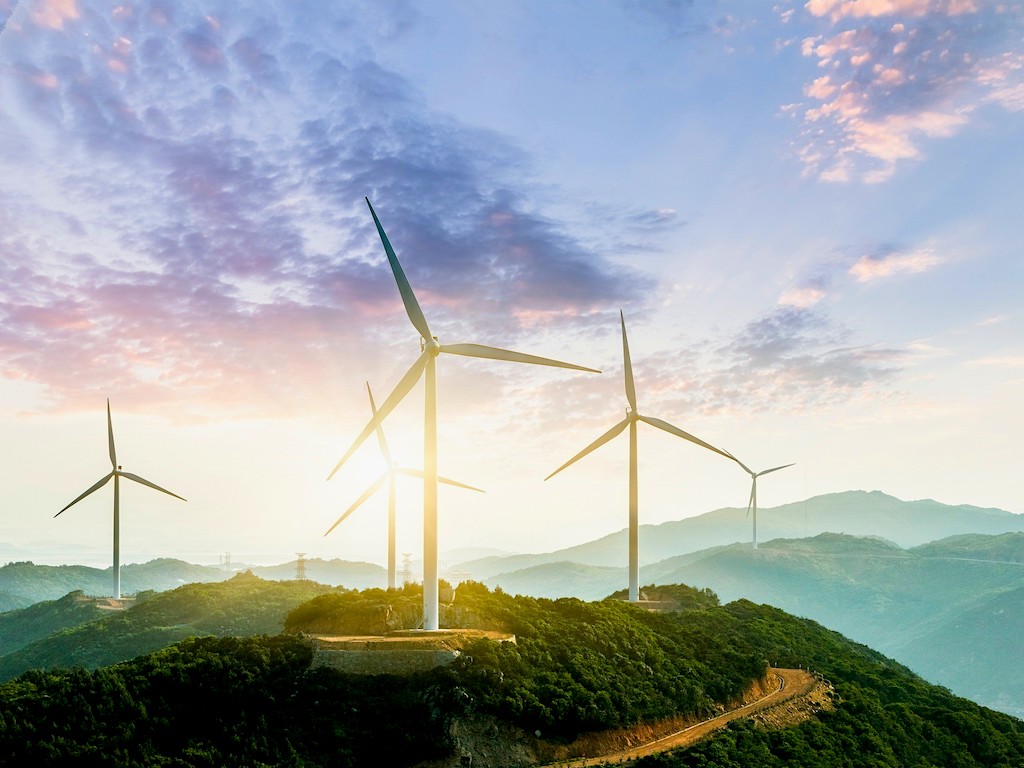3 Mins Read
Brinc, the Hong Kong-based impact venture capital and accelerator firm, and Sydney-based alternative investment management company Artesian has partnered to launch a new Clean Energy Accelerator Program in Australia. The program aims to invest in next generation startups who are building tech-forward clean energy solutions to support Australia’s goal to use 50% renewables by 2030. It follows growing calls for countries around the world to rapidly transition away from carbon-intensive fossil fuels in order to combat the climate crisis.
Jointly launched by Brinc and Artesian Venture Partners, the new Australia Clean Energy Accelerator Program based in Sydney is targeting startups that are working on electrical efficiency technologies, grid innovations and renewable energy solutions. The program itself, which runs for 3 months, will offer AU$150,000 (US$95,000) in exchange for equity, and will help startups facilitate pilot deals and contracts with Australian energy companies as well as foreign opportunities.
After completing the accelerator program, startups will continue to receive support from Brinc, including business development, advice on fundraising and global networking. Artesian will further offer investment opportunities to scalable and high-growth clean energy companies.
Startups enrolled in the program can also expect to benefit from Brinc’s reach in China to secure components, find suppliers and manufacturers and set up their supply chains in order to fulfil their contracts to customers. Applications are currently open for the accelerator, with the first program slated to launch this June.
Commenting on the launch of the new accelerator, Brinc founder and CEO Manav Gupta said that while we face significant climate and global heating challenges lie ahead, we now have an “opportunity to reimagine technology stacks, business models, hardware and software applications and services, data gathering and analysis, and so much more in the energy space,” adding that the program will help support companies seeking much-needed solutions.
Innovation in the clean energy sector in Australia will be crucial if the country is to achieve its goal of 50% renewable energy by 2030. While 21% of the country’s total electricity generation is currently drawn from renewable sources, Kane Thornton, the CEO of the Clean Energy Council in Australia said in a statement that there remains much to be done with regards to “improving the grid and energy market and how it integrates renewable energy and energy storage”.
Scientists have long called for countries to quickly transition into a low-carbon economy by ditching fossil fuels if we are to avert climate catastrophe. This past year as already seen increasingly frequent climate disasters as a direct result of unabated global heating, perhaps most notably the Australian wildfires that drove thousands homeless and killed 1 billion animals.
Brinc and Artesian cited Australia’s unique opportunity to grow its clean energy sector as one of the reasons to launch the program in the country. Australia’s landscape and natural climate is highly conducive to solar power, for instance, and it also possesses huge onshore and offshore wind resources that can be captured to replace carbon-intensive coal-fired power stations.
This is not the first time Brinc and Artesian have worked together to propel sustainable innovation, with Artesian already supporting Brinc’s accelerator programs in Hong Kong and mainland China. The two firms have together invested in 57 impact startups so far.
Lead image courtesy of WEF.




